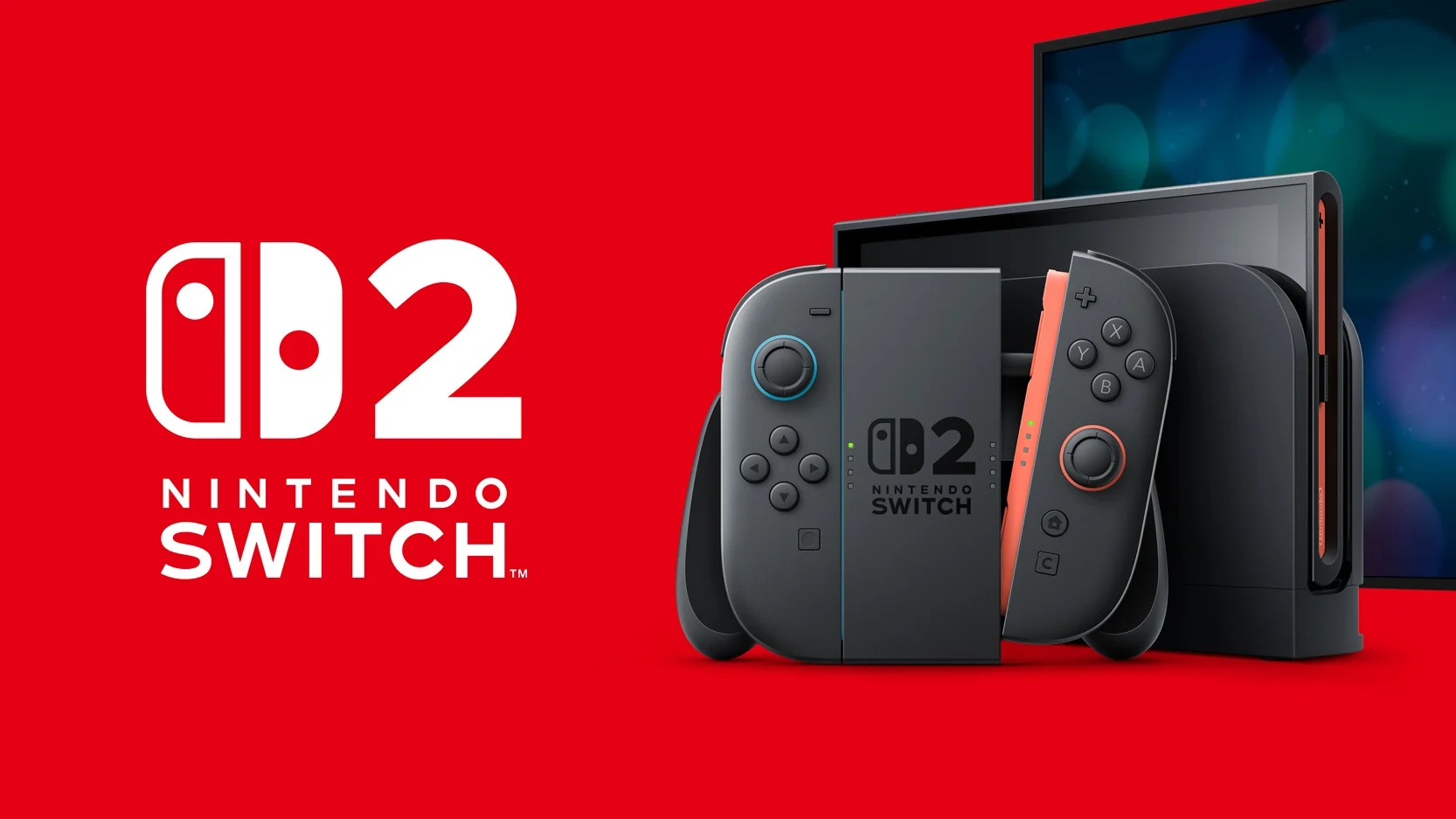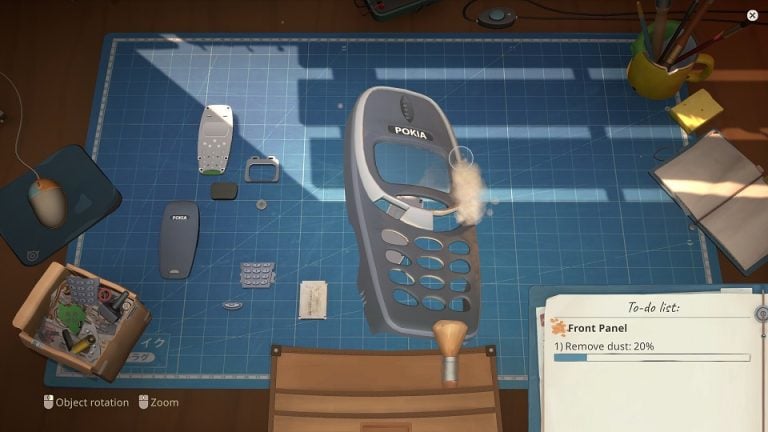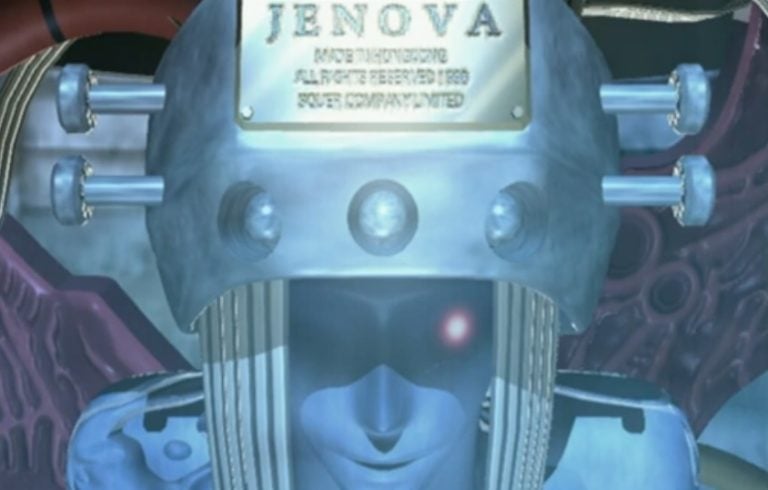Osaka University’s research center for ethical, legal and social issues (ELSI Center) recently published a study on Nintendo’s launch strategy for the Switch 2. It’s titled “A Comparison of Nintendo Switch 2’s Launch Strategy in the US and Japan: Economic, Ethical, and Social Perspectives” (unofficial translation), and it digs into why pre-orders for the Switch 2 relied on a lottery system in Japan, while using a first-come first-served basis in the US.
This study was put together through joint research by the ELSI Center and the R&D department of Mercari, a major Japanese e-commerce platform. Nintendo was not involved, so there’s no conflict of interest, and the authors also clarify that they themselves did not apply for Switch 2 pre-orders.
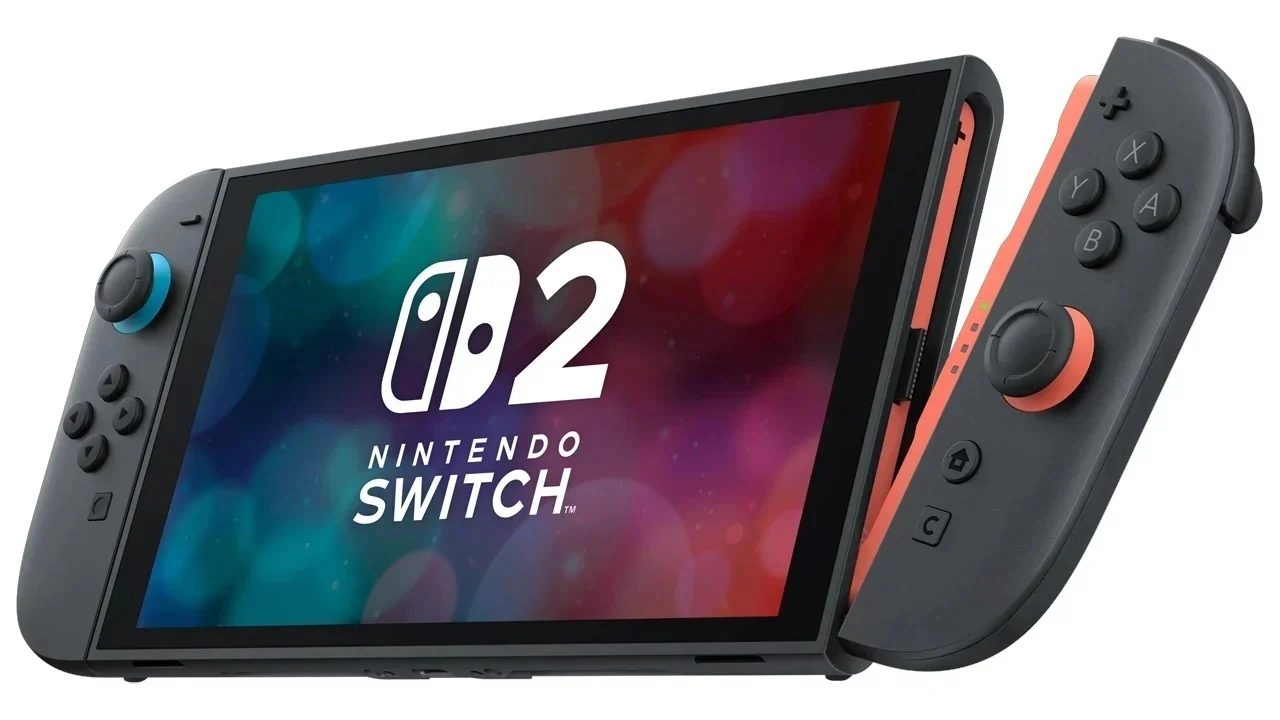
In Japan, Nintendo held lottery-based pre-orders through the My Nintendo Store for NSO members starting June 5. To even be eligible for the lottery, you needed to meet certain conditions related to total playtime and how long you’ve had a subscription for. These lotteries have continued in rounds even after the console’s launch, with the fifth round still accepting entries until July 24. Due to overwhelming demand, the odds of securing an order via lottery have been shockingly low, especially for the more affordable, region-locked model.
By contrast, in the US, the Switch 2 has been sold on a first-come-first-served basis, even on the My Nintendo Store. While there were still eligibility requirements for pre-orders (like being a Switch Online member for over a year and having 50+ hours of playtime), invitations were sent out in order of application.
So, same console, but fundamentally different pre-order strategies between the two regions. The ELSI Center found this contrast interesting enough to study, and proposed several possible hypotheses to explain it, hoping these findings may serve them in future research.
To begin with, the authors point out that both Japan and the US faced the same situation – demand for the Switch 2 was way higher than what Nintendo was able to supply at launch. In a purely financially driven scenario, Nintendo could have let the course of supply and demand decide things by letting people who were willing to pay the most get their hands on the limited stock (for example, through dynamic pricing or by legitimizing resale markets). That would’ve been the “efficient” method from a classical economic perspective.
But, as the study points out, not only did Nintendo avoid that route, but it settled for the comparatively impractical and costly lottery system (in the case of Japan). A luck-based system means that consumers who are super motivated and willing to pay more can lose the chance to buy the product, while someone less interested in buying can win by chance. Given that one of the requirements for entering the lottery was a minimum of 50 hours of playtime on the Switch, the report points out that Nintendo was trying to prioritize people who genuinely play, shifting focus from willingness-to-pay to willingness-to-play.
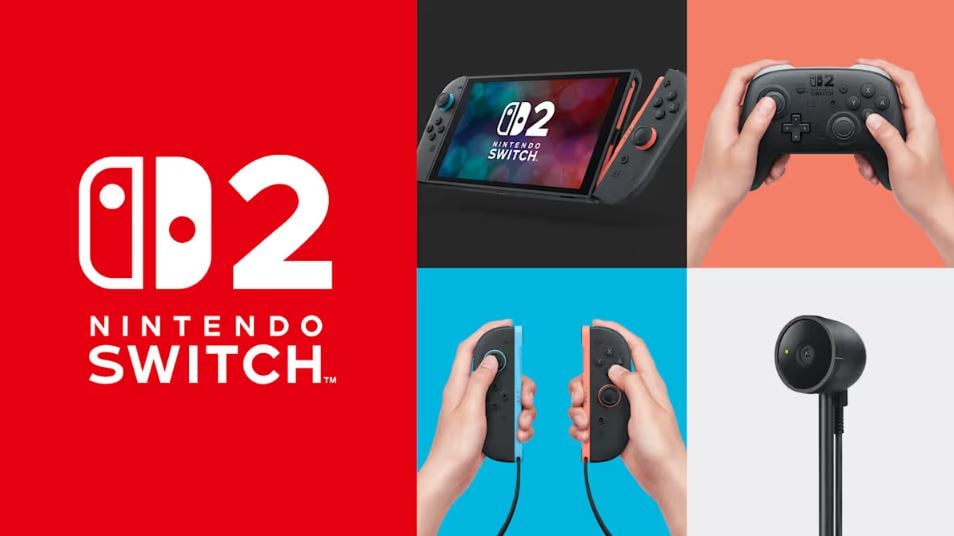
The report outlines five hypotheses (labeled A to E) to explain this decision. One of them, hypothesis B, points out that game consoles don’t need to turn a profit on their own – the bulk of revenue comes from game sales, subscriptions, and digital services following launch. This means that if customers’ negative experiences in the early launch period damage the brand, that could hurt long-term profits. From that angle, minimizing customer frustration (and thus reputational risk) might have factored into Nintendo’s cautious, lottery-based approach in Japan.
While Nintendo seemed mindful of its brand reputation in the US too, adding certain conditions to the first-come-first-served pre-order format, it went to far greater lengths to ensure equal opportunity in Japan, despite the higher cost of running lotteries. Another possible factor the study raises is that Japanese people have stricter expectations from businesses than Americans, expecting companies to take more robust measures against issues like scalping. This may have also influenced Nintendo’s Japan-only lottery system.
Hypotheses C through E bring in ethical and societal perspectives. From a fairness standpoint, Japanese consumers might see lotteries – which leave the outcome entirely up to chance – as fairer than first-come-first-served systems, which reward things like speed, timing and better internet connection. That checks out with how common it is for high-demand items like concert tickets to be sold via lottery in Japan.
Meanwhile, the US approach seems to lean more toward individual responsibility and effort. First-come-first-served fits with a belief that those who act quickly, prepare well, and try harder deserve to win. Even though factors like internet access or disposable free time might create inequality, there’s still a strong cultural fit for the system. The study also notes that in the US, lining up for big launches is viewed as a part of the consumer experience, so much so that it has become a part of fan culture. Unsurprisingly, they cite ChickenDog as one extreme example of this, as the YouTuber famously started camping outside of Nintendo New York two months before launch.
The report also speculates that over in Japan, the humorous public X posts of voice actor Yuichi Nakamura (known for narrating Nintendo Directs) about losing a bunch of Switch 2 lotteries may have had an unexpected effect – helping people feel less frustrated and showing that even famous people with direct ties to Nintendo weren’t getting special treatment. It may have helped reinforce the idea that the lottery was truly fair.
The research is an interesting look into the different cultural expectations of consumers in Japan and the US. As a side note, while the Switch 2 is still being sold predominantly via lottery in Japan, there have been some surprise first-come-first-served sales organized at retailers, and this tendency will likely take over as the supply chain stabilizes.

